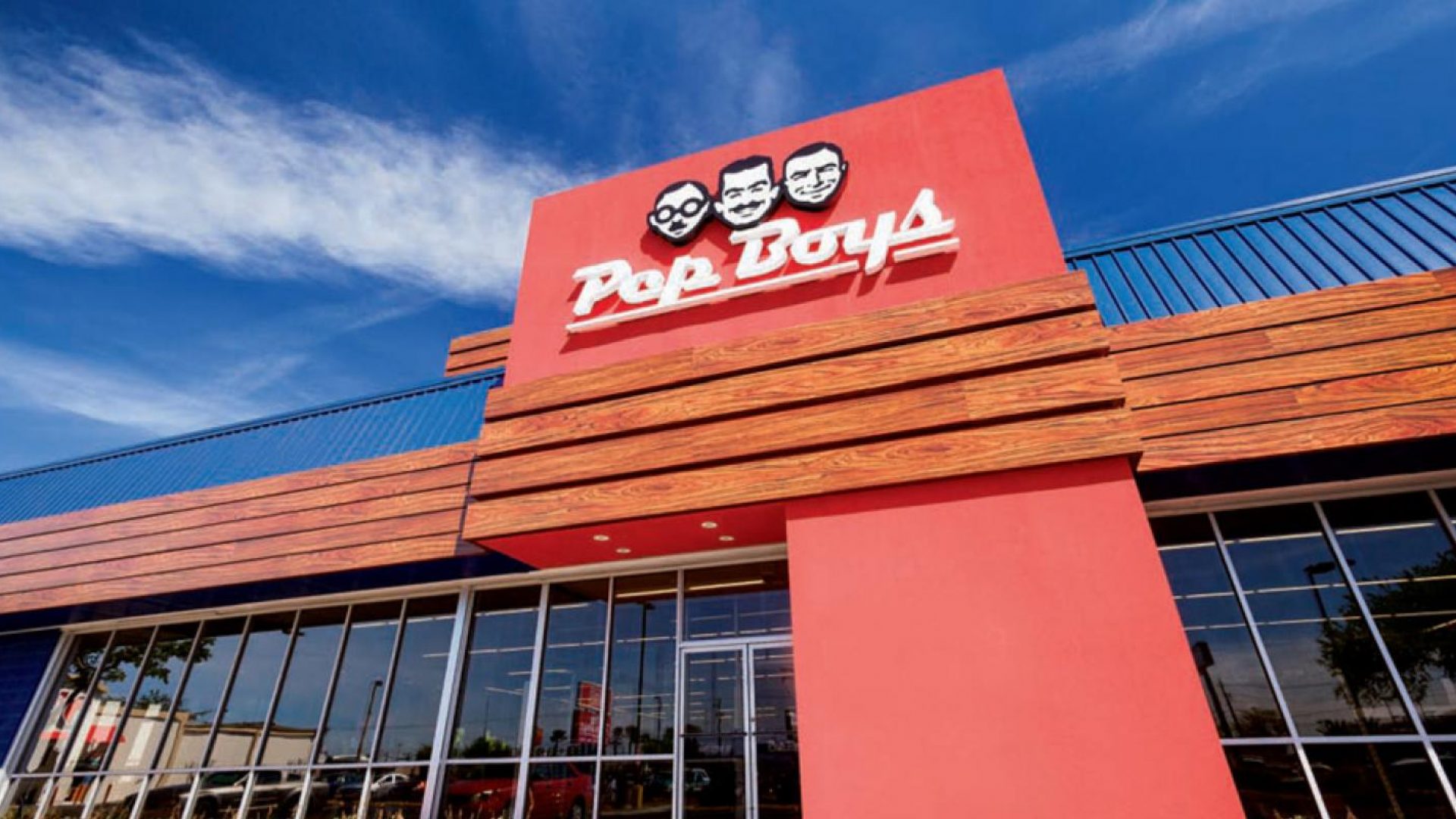Investors continue to search for e-commerce resistant tenants like Firestone and Take 5 Oil Change.
These properties are garnering multiple offers, often closing at full asking price within 30 days, despite the lack of credit on the franchisee tenant and the short-term lease.
Overall, the velocity and strength of the automotive net lease market shows no signs of slowing. Experts say, when comparing to other segments on an apples-to-apples basis, automotive properties compare favorably to other segments, and in some cases, are trading at slightly lower cap rates.
Car culture creates stability
For many net lease investors, automotive tenants represent stability and security, due to a range of macroeconomic trends. Chief among those is America’s car culture—nearly 282 million vehicles are on the roads in the U.S., and those vehicles are an essential for nine out of 10 Americans.
On average, American’s drive 12,000 miles each year and spend 1.5 percent of their household income on car repairs for two vehicles. By 2024, the auto care industry is expected grow nearly 25 percent and reach $477.6 billion, according to Auto Care Association.
The automotive sector consists of various tenants in the auto parts, service (tire and oil change) and collision repair sectors. While some industry experts include auto dealerships in this sub-category, it’s worth noting that they are unlike other tenants in the auto sector.
Supply in the net lease auto sector primarily consists of auto parts retailers (49%). Popular auto parts tenants also include Auto Zone, NAPA and O’Reilly Auto Parts.
Auto parts retailers were largely unimpacted by the pandemic. In 2020, they were deemed essential retailers primarily due to the importance of keeping emergency vehicles and cars for essential workers running properly.
These chains tend to perform even better during difficult economic times. Consumers are forced to attempt self-repairs that otherwise would have been handled by dealerships or independent mechanics.
On the service side, Christian Brothers, Firestone and Jiffy Lube are well-known brands, along with collision repair operators Caliber Collision and Maaco.
Older vehicles need parts and service
Adding to the current demand, Americans are keeping their cars longer than ever. The typical age of a vehicle on the road is more than 12 years old, representing an all-time high, according to IHS Markit.
Over the past couple of years, several market conditions have converged to push consumers to hold on to their existing vehicles. Thanks to ever-improving vehicle technology, cars are lasting longer. It’s not unusual to see cars with 150,000 to 200,000 miles still speeding down the interstate.
Supply constraints and increased costs are another reason consumers are reluctant to part with their vehicles. Chip shortages and other supply chain disruptions have significantly reduced the number of new cars on the lot and driven up prices for both new and used cars as much as 20 percent.
And though the U.S. economy has largely recovered from the pandemic-induced recession, many consumers are hesitant to purchase a new car because they still feel uncertain about their finances and prefer to not have a car payment. To that end, consumers are realizing it’s necessary to keep their current vehicle well-maintained. This has created more opportunities for businesses that cater to the DIY market, as well as those that offer “do it for me” services.
Widespread investor interest
Both private capital and institutional capital are buying automotive net lease properties. For example, STORE Capital has expanded its investment in auto repair and maintenance over the past several years. As of December 31, 2021, the auto category ranked as the fourth largest source of the REIT’s base rent, representing 5.4 percent, up from 4.8 percent in 2019.
Similarly, Realty Income Trust has ramped up its acquisition activity in the automotive space. During the REIT’s fourth quarter earnings call, CEO Sumit Roy said: “The largest industries represented in our fourth quarter acquisition were European grocery stores and U.S. automotive services, which represent a continued investment in industries well positioned to perform in a variety of economic cycles, given its necessity-based retail proposition for consumers.”
As of year-end 2021, automotive repair and service represented 7.8 percent of the REIT’s base rent—more than dollar stores, drugstores and QSR brands. If you include automotive dealerships in the same category, the percentage jumps to 9.1, according to financial filings.
Compressed cap rates
Increased investor demand and a dearth of supply pushed down automotive net lease cap rates over the course of 2021. Cap rates dropped to 5.40 percent during the fourth quarter 2021, a decrease of 49 basis points from same period in 2020. The auto service sub-sector represents the lowest cap rates in the net lease auto sector.
Brand recognition in the automotive space influences demand and pricing, as some of the market participants have been around for generations, like NAPA Auto Parts, founded in 1925, and Advance Auto Parts, launched in 1932.
The net lease market has been supply-constrained for nearly 24 months, but this imbalance is beginning to mitigate. Throughout the pandemic, investors were not inclined to sell given the performance of these properties during economic uncertainty.
Credit-rated automotive net lease properties have experienced cap rate compression of over 100 basis points since March 2020, and therefore seller motivation is far stronger today.
Microeconomic trends within the automotive retail market have resulted in exceptional performance for the businesses participating, and these trends have created an enormously positive impact in valuations for these properties.
Some anticipate that transaction volume in the net lease auto sector will be in line with 2021 as investors continue to seek properties with strong tenants in the price range this sector provides. The firm projects that competition for new construction properties with long-term leases will continue, especially among 1031 investors.
Corporate guarantors
Like other retail net lease sectors, such as drugstores and banks, automotive net lease properties primarily offer corporate guarantors and possess significant consumer bases. Of equal importance, this sector is largely resistant to e-commerce competition, particularly service-oriented automotive net lease.
Beyond investment-grade credit, investors appreciate the annual rental escalations that most automotive net lease assets offer. These escalations are even more important during period of inflation.
Other net lease investor favorites like drugstores don’t have lease escalations, which makes them less attractive in an inflationary environment, compared to the automotive space, which has fairly healthy escalations, making it even more attractive for investors today.”









